15% off £35 OR 20% off £45
Cholesterol
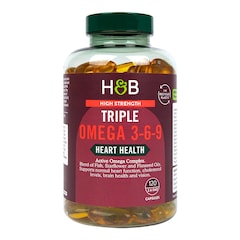
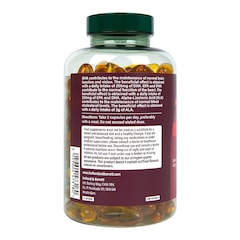
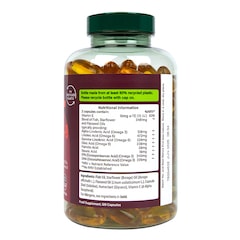
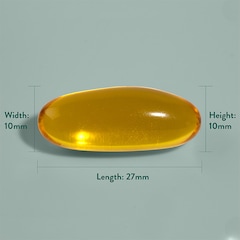
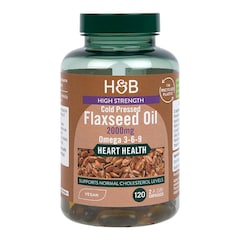
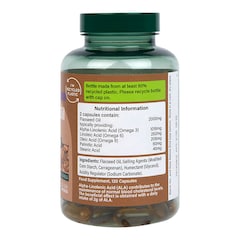
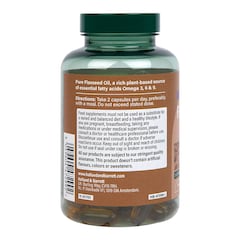
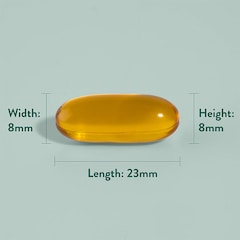
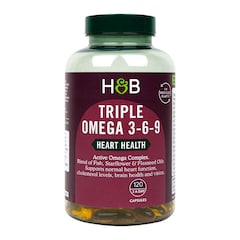
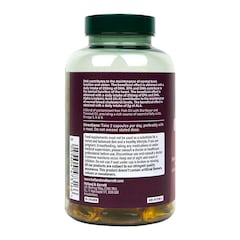
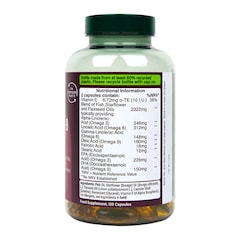
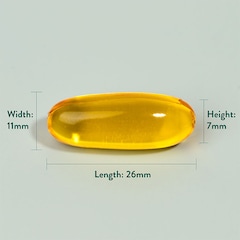
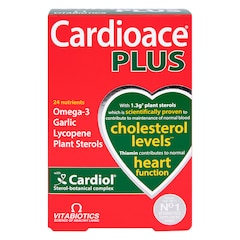
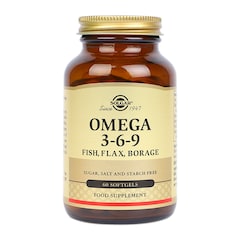
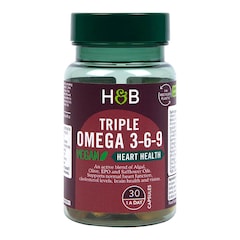
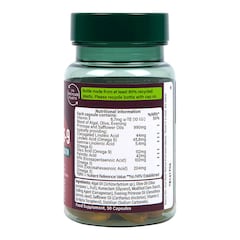
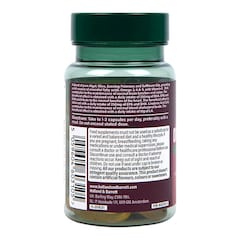
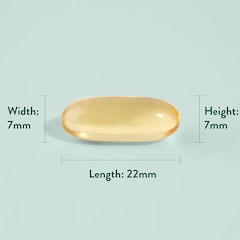
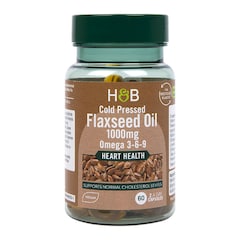
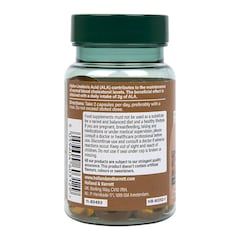
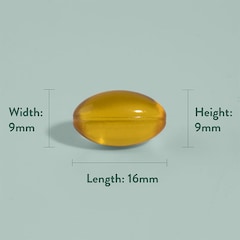
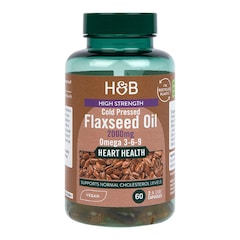
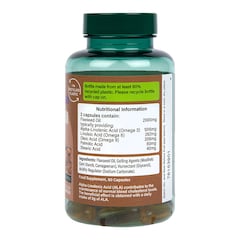
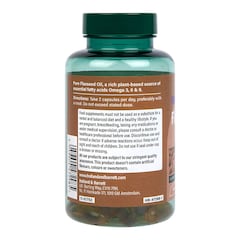
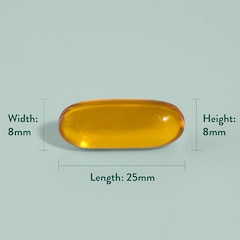
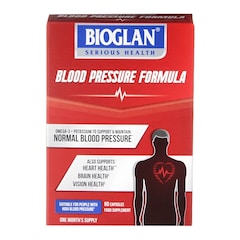
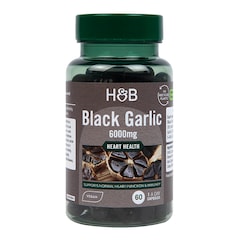
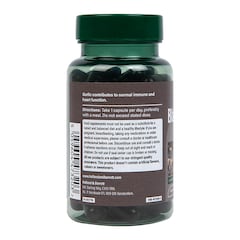
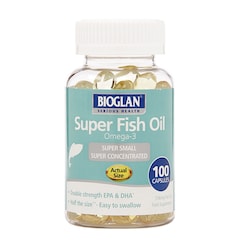
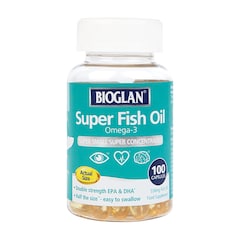
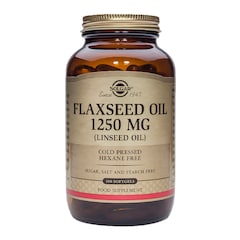
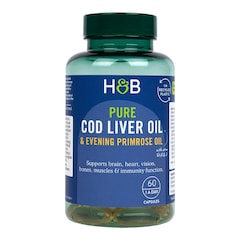
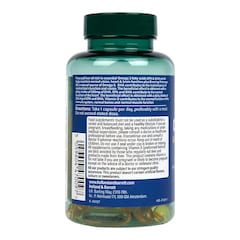
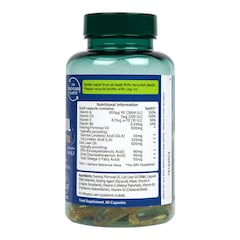
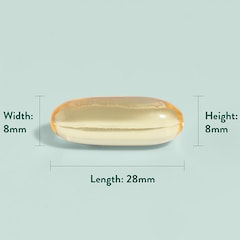
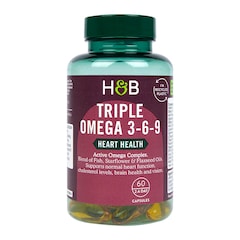
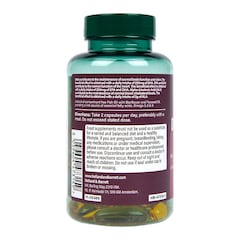
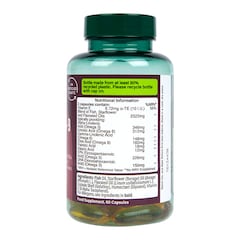
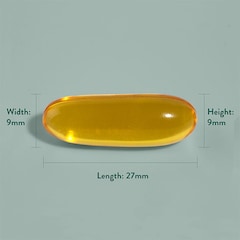
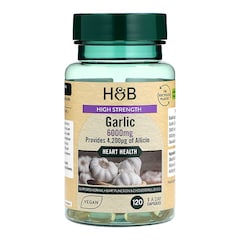
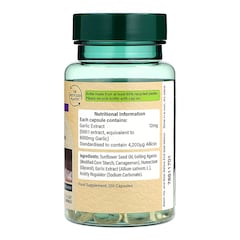
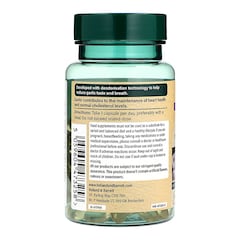
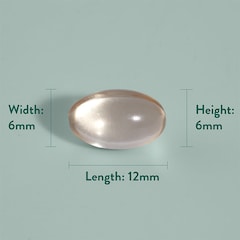
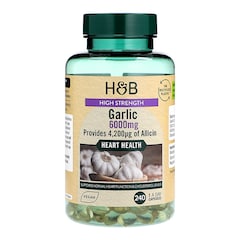
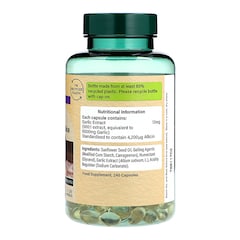
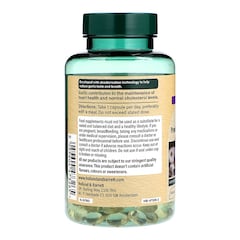
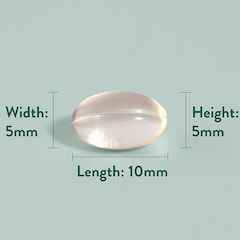
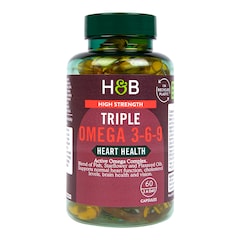
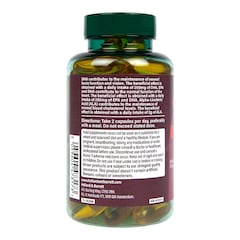
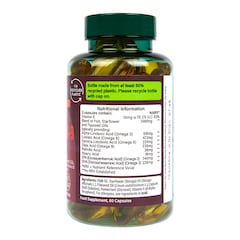
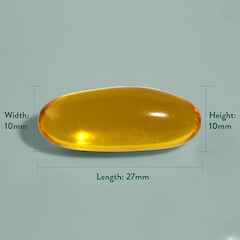
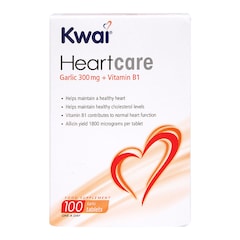
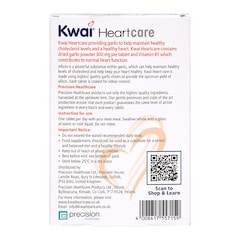
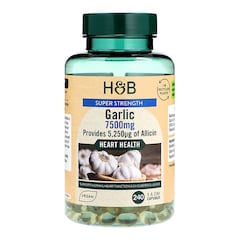
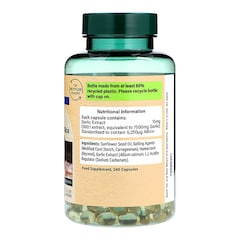
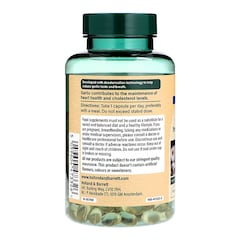
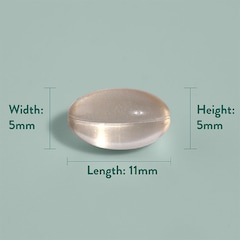
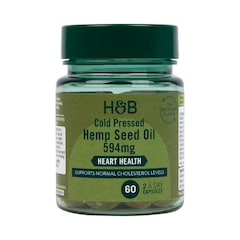
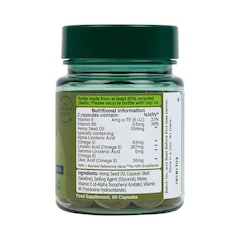
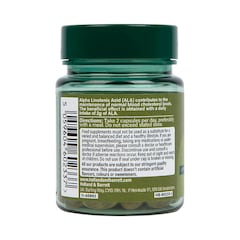
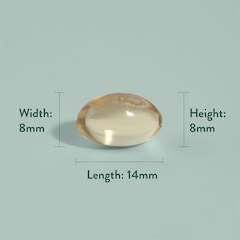
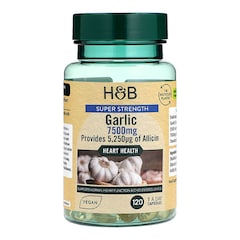
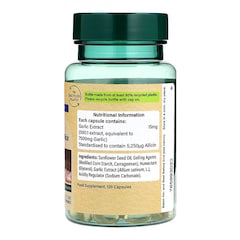
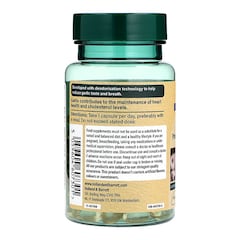
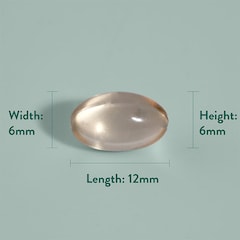
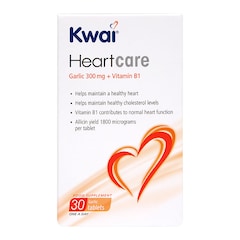
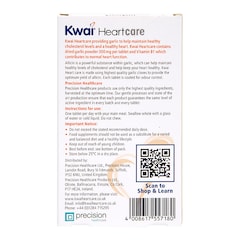
What is cholesterol?
You may have only heard of cholesterol in a negative sense, however, many people do not know that cholesterol is in fact a naturally occurring substance made in the liver.
In the amounts produced by our bodies, cholesterol is not harmful.
The problem with high cholesterol
Cholesterol is fatty, so if too much of it gets into your veins and arteries, it can cause stiffness and blockages.
This could stop blood and oxygen getting to your essential organs, such as your heart and brain.
Too much cholesterol in your blood vessels can lead to heart problems or stroke.
Another problem with high cholesterol is that often, you do not get symptoms from it – the first sign could a heart attack.
High cholesterol can only be diagnosed with a blood test.
What causes high cholesterol?
Yes, we make cholesterol in our bodies, but the problems occur when we also get too much of it in our diet, too.
That is where saturated versus unsaturated fat comes in: high cholesterol foods are usually high in saturated fat.
Saturated fat is found in animal fats, such as butter, ghee, dripping, lard, or suet.
Even worse for us is the saturated fat found in meat, especially fatty cuts or processed meat.
Alcohol can also increase cholesterol levels, so regular heavy drinking (more than 14 units per week) can really take its toll on your arteries.
‘Good’ cholesterol and ‘bad’ cholesterol
Cholesterol combines with protein to help it travel around the body, forming what is known as a ‘lipoprotein’.
Two types are known as bad cholesterol. These are:
- low density lipoprotein (LDL)
- non-high density lipoprotein (non-HDL)
These are much more harmful than high density lipoprotein (HDL), sometimes referred to as ‘good’ cholesterol.
HDL is higher in protein and lower in cholesterol, so it moves around the body more easily, helping with the important tasks it is designed to tackle. We can excrete it more easily, too.
LDL and non-HDL, on the other hand, are cholesterol heavy, so they are more likely to get stuck and build up where they should not.
Triglycerides
Triglycerides are not cholesterol, but another type of fat that can have similar negative effects as bad cholesterol.
Your triglyceride level is usually checked in a cholesterol blood test.
A healthy triglyceride level is 2.3 or lower.
Normal cholesterol levels
A healthy total cholesterol level is 5 or below.
You might get a reading broken down into HDL/LDL/non-HDL levels.
In this case, a healthy HDL level is 1 or above, a healthy LDL level is 3 or below and a health non-HDL level is 4 or below.
How to lower cholesterol naturally
Given that excess cholesterol is linked to diet, it is wholly unsurprising that the most important way you can help your body lower its cholesterol levels is by taking care of what you eat.
Smoking has a harmful effect when it comes to fighting cholesterol, as cigarettes contain a chemical, acrolein, which blocks HDL from transporting cholesterol to the liver.
But one of the other best ways to lower cholesterol naturally is via exercise and lifestyle changes.
A lack of exercise can raise LDL, as can being overweight.
Our Health Hub has some wonderful articles on specific exercises that are great for cholesterol: Full body exercise routine, Lower body exercise routine, and Upper body exercise routine.
Cholesterol lowering foods
Controlling cholesterol is not just about cutting out fat, but choosing the right kinds of fat.
Namely, unsaturated fats, as they can actually reduce LDL in our body.
Some good unsaturated fats to keep in mind are extra virgin olive oil, oily fish (think salmon, sardines, anchovies, herring, trout, tuna and mackerel), nuts (avoid the salted, roasted kind!) and avocados.
Flaxseed (also known as linseeds) are also rich in omega-3 and unsaturated fat.
They come as whole seeds, or milled into a fine powder. They are delicious sprinkled on cereal or salad, as well as mixed into a smoothies.
If that does not appeal, why not check out our flaxseed oil or capsules?
A low cholesterol diet will also feature whole grains (such as oats, brown rice, and whole-wheat bread, pasta or bulgur wheat), as well as legumes like beans and lentils.
These all contain both soluble fibre, which helps lower cholesterol by taking it out of the bloodstream and into the liver to be recycled.
Search ‘cholesterol’ on our Health Hub to find some tasty low-cholesterol recipes.
Cholesterol tablets and cholesterol supplements
As for tablet options, if you are diagnosed with high cholesterol, and your levels do not respond to exercise or dietary changes, your GP will probably prescribe a type of medication called a statin.
We stock a range of cholesterol-related supplements below.
Taking a daily omega-3 supplement. Holland & Barrett Cod Liver Oil with Evening Primrose Capsules, is a great place to start.
Vitabiotics Cardioace Plus is a fantastic mixed supplement which contains omega-3, along with other natural goodies, such as garlic and plant sterols.
What is cholesterol?
You may have only heard of cholesterol in a negative sense, however, many people do not know that cholesterol is in fact a naturally occurring substance made in the liver.
In the amounts produced by our bodies, cholesterol is not harmful.
The problem with high cholesterol
Cholesterol is fatty, so if too much of it gets into your veins and arteries, it can cause stiffness and blockages.
This could stop blood and oxygen getting to your essential organs, such as your heart and brain.
Too much cholesterol in your blood vessels can lead to heart problems or stroke.
Another problem with high cholesterol is that often, you do not get symptoms from it – the first sign could a heart attack.
High cholesterol can only be diagnosed with a blood test.
What causes high cholesterol?
Yes, we make cholesterol in our bodies, but the problems occur when we also get too much of it in our diet, too.
That is where saturated versus unsaturated fat comes in: high cholesterol foods are usually high in saturated fat.
Saturated fat is found in animal fats, such as butter, ghee, dripping, lard, or suet.
Even worse for us is the saturated fat found in meat, especially fatty cuts or processed meat.
Alcohol can also increase cholesterol levels, so regular heavy drinking (more than 14 units per week) can really take its toll on your arteries.
‘Good’ cholesterol and ‘bad’ cholesterol
Cholesterol combines with protein to help it travel around the body, forming what is known as a ‘lipoprotein’.
Two types are known as bad cholesterol. These are:
- low density lipoprotein (LDL)
- non-high density lipoprotein (non-HDL)
These are much more harmful than high density lipoprotein (HDL), sometimes referred to as ‘good’ cholesterol.
HDL is higher in protein and lower in cholesterol, so it moves around the body more easily, helping with the important tasks it is designed to tackle. We can excrete it more easily, too.
LDL and non-HDL, on the other hand, are cholesterol heavy, so they are more likely to get stuck and build up where they should not.
Triglycerides
Triglycerides are not cholesterol, but another type of fat that can have similar negative effects as bad cholesterol.
Your triglyceride level is usually checked in a cholesterol blood test.
A healthy triglyceride level is 2.3 or lower.
Normal cholesterol levels
A healthy total cholesterol level is 5 or below.
You might get a reading broken down into HDL/LDL/non-HDL levels.
In this case, a healthy HDL level is 1 or above, a healthy LDL level is 3 or below and a health non-HDL level is 4 or below.
How to lower cholesterol naturally
Given that excess cholesterol is linked to diet, it is wholly unsurprising that the most important way you can help your body lower its cholesterol levels is by taking care of what you eat.
Smoking has a harmful effect when it comes to fighting cholesterol, as cigarettes contain a chemical, acrolein, which blocks HDL from transporting cholesterol to the liver.
But one of the other best ways to lower cholesterol naturally is via exercise and lifestyle changes.
A lack of exercise can raise LDL, as can being overweight.
Our Health Hub has some wonderful articles on specific exercises that are great for cholesterol: Full body exercise routine, Lower body exercise routine, and Upper body exercise routine.
Cholesterol lowering foods
Controlling cholesterol is not just about cutting out fat, but choosing the right kinds of fat.
Namely, unsaturated fats, as they can actually reduce LDL in our body.
Some good unsaturated fats to keep in mind are extra virgin olive oil, oily fish (think salmon, sardines, anchovies, herring, trout, tuna and mackerel), nuts (avoid the salted, roasted kind!) and avocados.
Flaxseed (also known as linseeds) are also rich in omega-3 and unsaturated fat.
They come as whole seeds, or milled into a fine powder. They are delicious sprinkled on cereal or salad, as well as mixed into a smoothies.
If that does not appeal, why not check out our flaxseed oil or capsules?
A low cholesterol diet will also feature whole grains (such as oats, brown rice, and whole-wheat bread, pasta or bulgur wheat), as well as legumes like beans and lentils.
These all contain both soluble fibre, which helps lower cholesterol by taking it out of the bloodstream and into the liver to be recycled.
Search ‘cholesterol’ on our Health Hub to find some tasty low-cholesterol recipes.
Cholesterol tablets and cholesterol supplements
As for tablet options, if you are diagnosed with high cholesterol, and your levels do not respond to exercise or dietary changes, your GP will probably prescribe a type of medication called a statin.
We stock a range of cholesterol-related supplements below.
Taking a daily omega-3 supplement. Holland & Barrett Cod Liver Oil with Evening Primrose Capsules, is a great place to start.
Vitabiotics Cardioace Plus is a fantastic mixed supplement which contains omega-3, along with other natural goodies, such as garlic and plant sterols.
Produced naturally in your liver, the lipid cholesterol is a waxy substance necessary for the formation of vitamin D, cell membranes and hormones.
Cholesterol cannot travel around the body alone, and so the body makes lipoproteins from fat and proteins, in order to carry cholesterol (along with triglycerides) from place to place.
There are two types of lipoprotein; low-density lipoprotein, or LDL, and high-density lipoprotein, or HDL.
When you have too much cholesterol carried by low-density lipoproteins, known as LDL cholesterol, this can be very bad news for your body.
The excess can begin to build up on the walls of your arteries and lead to blood clots. These clots can cause a heart attack or stroke.
While too much LDL cholesterol is bad news for your body, HDL cholesterol is considered to be a good thing.
The bloodstream’s prefect, HDL, keeps your cholesterol levels in check by guiding troublemaking LDL back to the liver, to be removed from your system, after it has completed its job.
This keeps LDL cholesterol from lurking around in your arteries causing damage.
While LDL cholesterol is building up in your arteries, you are unlikely to have any symptoms.
And by the time it shows itself it can be too late.
That is why it is very important to have your cholesterol levels checked by the doctor on a regular basis once you are over 40, if you are overweight or if heart problems run in your family.
This involves a simple blood test available on the NHS.
You can make sure your cholesterol levels stay healthy through a healthy diet, low in trans fats and saturated fats and high in fibre and lean protein.
This means minimising high cholesterol foods, including red meats and fatty, processed foods and avoiding fried foods, takeaways and baked goods.
Unsaturated fats can even help to lower cholesterol, so adding avocados, oily fish and raw nuts to your diet can really help you stay healthy.
Plenty of exercise is also important, as is giving up smoking and keeping your weight down.
You may also choose to take a supplement formulated for healthy cholesterol levels.
Any supplements rich alpha linoleic acid or ALA can help you maintain healthy cholesterol levels. You will need to ingest 2g of ALA per day to achieve this beneficial effect.
Other supplements thought to help you maintain healthy cholesterol levels include garlic, available in an odourless tablet, and conjugated linoleic acid, or CLA.

